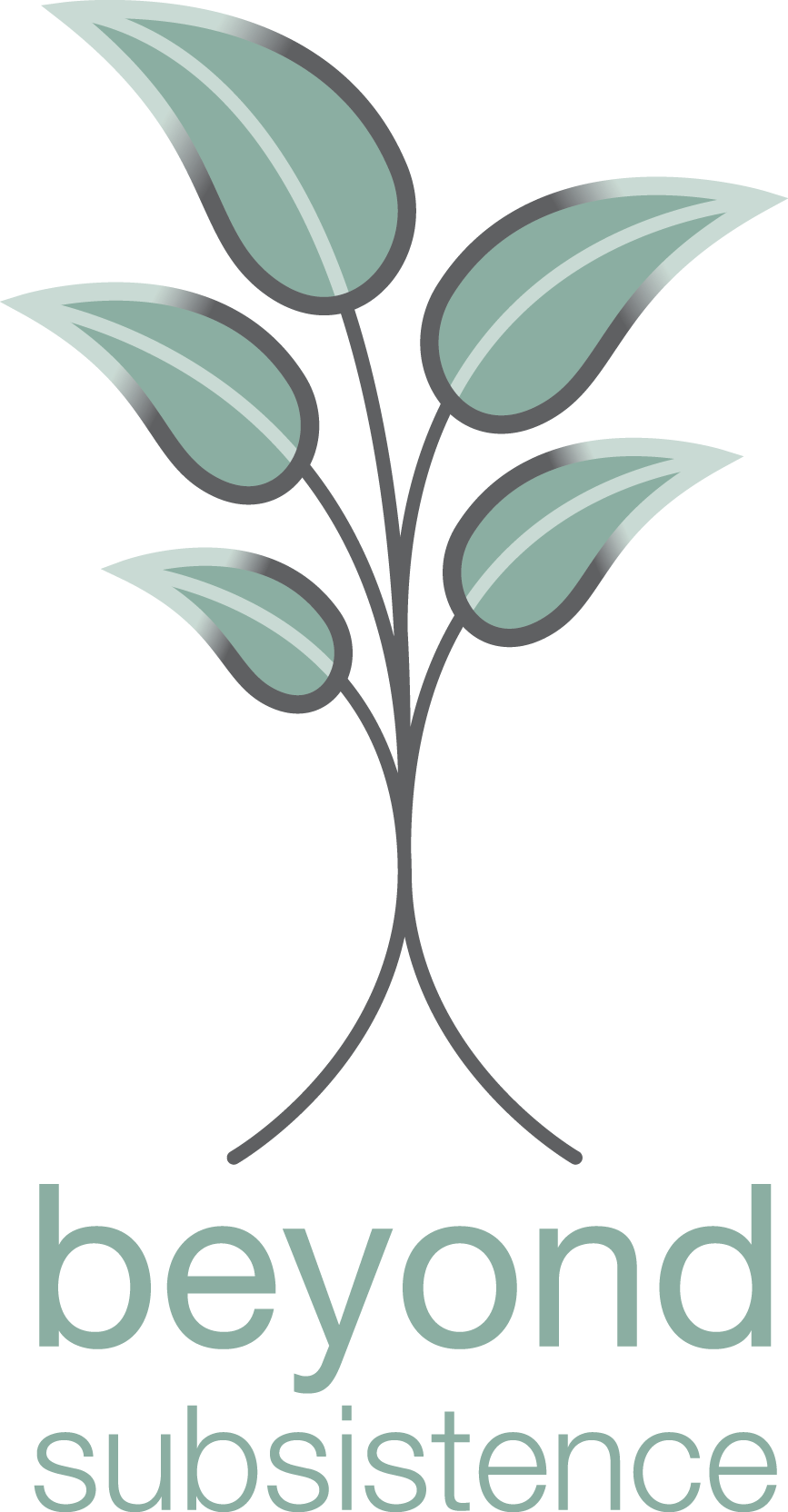Project - SSCS Niger
Project Location
The Sowing Seeds of Change in the Sahel (SSCS) Project is located in Maradi, which is the third largest city in the Republic of Niger, West Africa. The predominant people group in the surrounding region are the Hausa, however Fulani and Tuareg people are also common. The SSCS Project is run by the Australian aid organization SIMaid.
Country Overview
Niger is a landlocked, largely ignored country in Central West Africa. Located in an arid and difficult region, Niger is 80% Sahara Desert and 20% arid land. Niger is a former French colony, which gained independence in 1960. Niger’s population growth is one of the highest in the world. The current population is approximately 23 million people.
The Human Development Index (HDI) of 2018 ranks Niger 189th - last in the world. This means that Niger’s people are the poorest in the world, the least nourished, they have the least access to healthcare and education, and suffer from poor national security. Life is difficult on every level. Compare this with Australia, ranked 3rd in the world!
Regional Challenges
Niger has one of the world’s most difficult climates for farming. The sub-tropical climate in the farming regions produces extreme heat, dry winds and a short rainfall season. The main farming areas, known as the Sahel, receive only 300-400 mm of rainfall per year. The majority of Niger’s people are subsistence farmers and, as a nation, it has one of the world’s poorest agricultural productivity levels.
Food security is one of Niger’s greatest challenges. Most farmers barely produce enough to live on in a good year. Droughts are a regular threat. The most common crops are millet, sorghum and cowpeas. Livestock such as cattle, goats and sheep are abundant but poorly managed. Malnutrition is an ever-present challenge. The impacts of land clearing, over grazing and climate change have resulted in the desert encroaching further each year, stealing land once used by both farmers and nomads.
Project Goals & Activities
The SSCS Project is a well-established project with a small team of predominantly national staff. The project undertakes agroforestry research and training to help equip local farmers with the skills, motivation and support needed to improve their livelihoods and impact those around them. The project manages two demonstration farms, one of which hosts a recently built conference and accommodation centre. The SSCS Project seeks to change hearts, minds and ultimately behaviors to reduce subsistence farming.
The SSCS Project has championed the Farmer Managed Natural Regeneration (FMNR) process, which involves training farmers to protect and manage regenerating plants for increased tree cover. Other initiatives include the demonstration and propagation of Australia desert acacia species as effective agroforestry plants. These trees produce highly nutritious, edible seed as well as wood for fuel, poles and tool handles.
Beyond Subsistence has been working in partnership with the SSCS Project since 2008 providing assistance through agroforestry research, staff coaching/mentoring and Master Tree Grower training courses.



